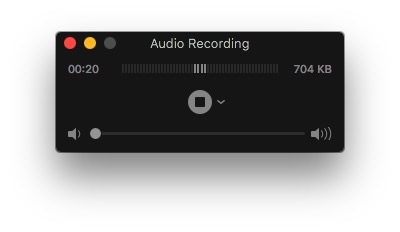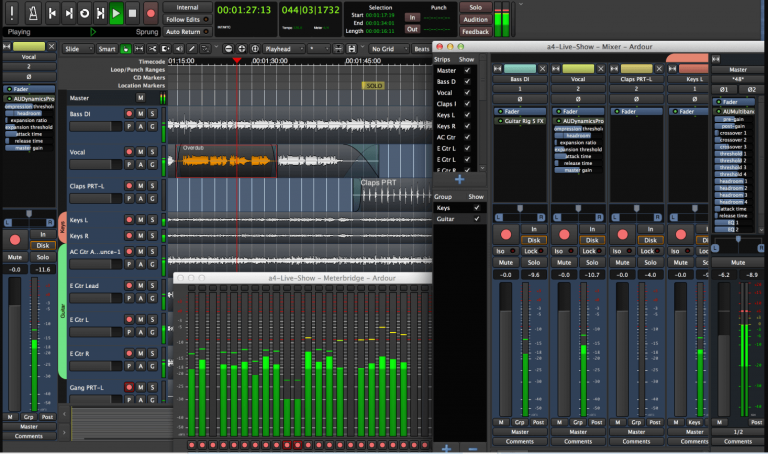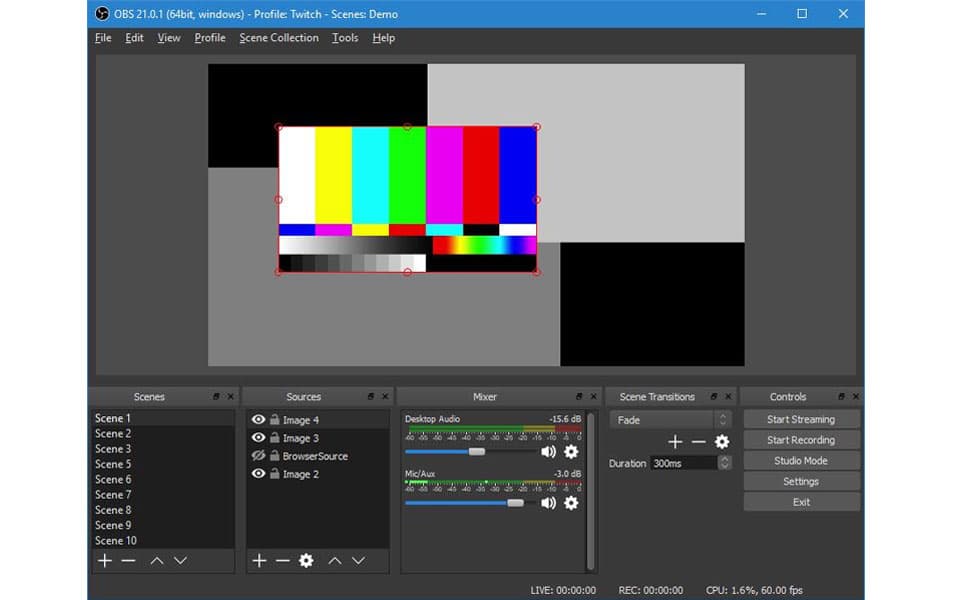

The video card, meanwhile, is one of the least important components for Mac music production. And SSDs are much faster than hard drives, but they’re also much more expensive, so you need to balance capacity, speed and cost. A good starting point is 256GB, but more is obviously better, unless you’re happy to expand using external drives later.

Professional software can use hundreds of gigabytes of data. Of course, the amount of disk space you need depends on the size of the audio files you’ll be working on. With an Intel Mac, you want at least 16GB of RAM, but because M1 Macs handle RAM differently, as little as 8GB might be enough. This is important, because music software has to hold a lot of temporary data in RAM, so you can do things like previewing your tracks. With Intel chips being phased out, there’s little point investing in anything else right now. Otherwise, you should either be looking at one of Apple’s latest Macs, which feature the company’s own M1 processors. If your budget is tight, that might be acceptable. You could, for example, create music on an old MacBook with a dual-core i3 processor, but it’ll probably take a long time to do anything useful. But ultimately, the faster your Mac, the easier and quicker it will be to produce music. The Mac system requirements for music production depend on what music software you’re using and the complexity of your projects. Read on to find out why we think these models are the best computers for creating music. Mac mini - the best budget Mac for music production.16-inch MacBook Pro - the best Mac laptop for music production.Mac Studio - the best choice for music production.In a nutshell, these are our three favorite Macs for music production in 2022: You can try MacKeeper now for free, with one free fix, so it’s well worth giving it a shot. Now just wait, as MacKeeper clears some RAM for you.Run MacKeeper, and select Memory Cleaner from the left.Thankfully, you can do that easily with MacKeeper’s Memory Cleaner feature. That can cause your Mac to slow down, until you free up some memory. Music production apps can eat up RAM like it’s candy.

So let’s take a look at your options to see which Mac is best for your music-making needs. The important thing is to weigh everything up carefully before making a choice. And when you’re handling long, multi-track songs, the more RAM and processing speed you can get, the better. MacBooks offer portability, for example, but iMacs may be more powerful. There are many different models that will do the trick, each with their own pros and cons. Choosing a Mac for music production isn’t easy.


 0 kommentar(er)
0 kommentar(er)
